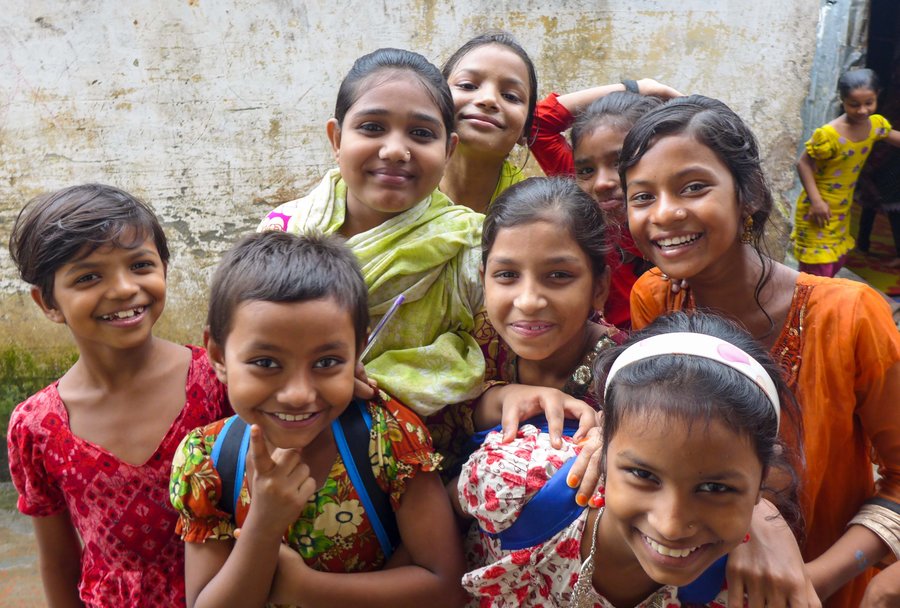
Fingerprint scanner tech firm gets £250K grant from DFID
That childbirth is the most dangerous aspect of many women’s lives is heartbreaking. We're thrilled to form this partnership with DFID and BRAC and hope to see significant improvements in maternal care in Bangladesh.
Dan Storisteanu
Cambridge start-up, SimPrints, has been awarded £250,000 after winning a highly competitive grant from the UK Department for International Development (DFID) for a project that will improve healthcare for over 22,000 expecting mothers and their newborns in Bangladesh slum neighbourhoods.
Cambridge students, including three Gates Cambridge Scholars, and a colleague from the Royal Holloway, developed SimPrints with funding from the Bill and Melinda Gates Foundation and ARM Ltd., enabling community health workers in developing countries to access patient records through the touch of a finger.
More than one-third of births in the developing countries are not registered in any way, precluding these individuals from critical services like healthcare and education. Reliable identification is essential to linking people to their health or vaccination records. Without formal ID such as birth certificates or national insurance numbers, it becomes extremely difficult for health workers to identify any one of their thousands of patients within a crowded slum, where often most people do not know their date of birth and may share a similar name with hundreds of others. Governments and development organisations face a fundamental problem: the inability to name, locate and recollect those they are trying to help. With the SimPrints system, health workers carry a hand-held fingerprint scanner synced through Bluetooth to their smartphone. With the tap of a patient’s finger, the full health history including vaccinations and chronic conditions immediately appears on the health worker’s phone. This immediate and reliable access to patients’ medical histories allows health workers to make better decisions and ensure appropriate follow-up.
For instance, a community health worker can instantly enrol into a healthcare system a woman who has never had a birth certificate or formal address. Regular check-ups can then be scheduled, with automatic alerts created if any are missed. On subsequent visits, another tap of the finger will let the health worker know whether previous check-ups gave any indications of danger signs that require follow-up, as well as when treatments or vaccinations are due.
Funding from DFID includes the salaries for 40 community health workers to be employed by BRAC, the world’s largest NGO. The community health workers will use the SimPrints system to help ensure that over 22,000 expecting mothers and children are regularly visited to ensure early detection of problems before they lead to preventable deaths.
Dan Storisteanu [2012], co-founder and Research Director says: "That childbirth is the most dangerous aspect of many women’s lives is heartbreaking. We're thrilled to form this partnership with DFID and BRAC and hope to see significant improvements in maternal care in Bangladesh."












